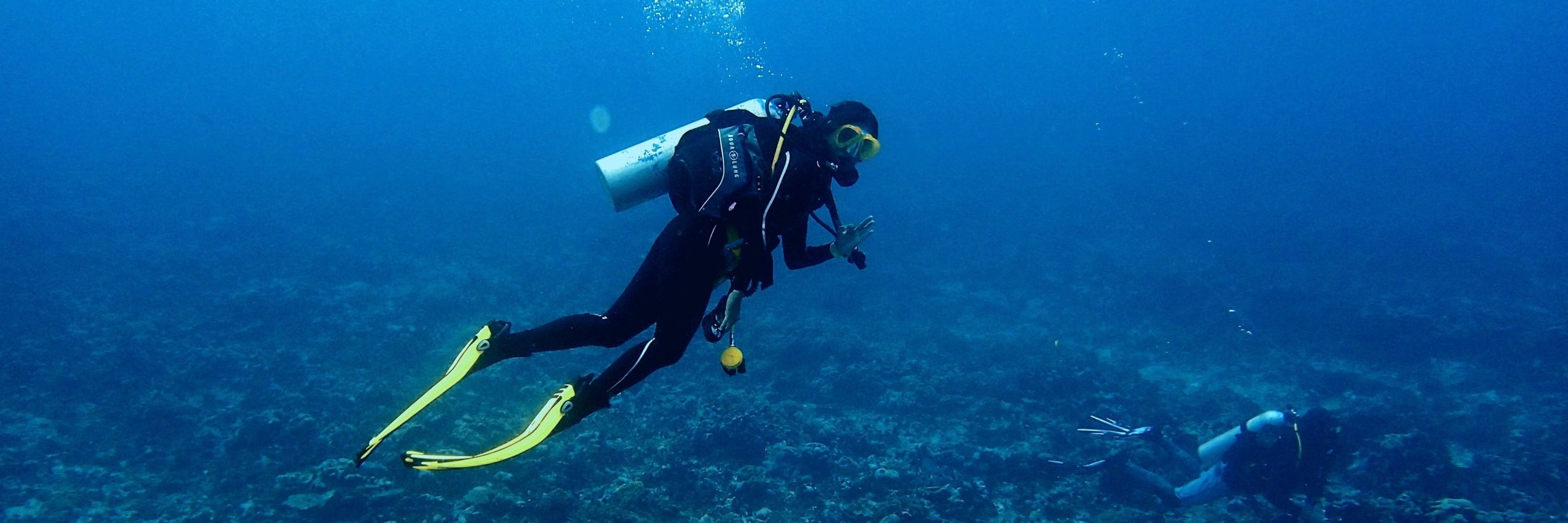
Lisa Goberdhan
@lisagoberdhan.bsky.social
ENVISION DTP PhD student @sosbangor.bsky.social - researching the functional ecology of coral rubble on tropical coral reefs
Reposted by Lisa Goberdhan
New paper!
‘Climate change impacts to upwelling and shallow reef nutrient sources across an oceanic archipelago’
Out now in Limnology and Oceanography @aslo.org
aslopubs.onlinelibrary.wiley.com/doi/10.1002/...
⬇️🧵
‘Climate change impacts to upwelling and shallow reef nutrient sources across an oceanic archipelago’
Out now in Limnology and Oceanography @aslo.org
aslopubs.onlinelibrary.wiley.com/doi/10.1002/...
⬇️🧵

September 8, 2025 at 8:58 AM
New paper!
‘Climate change impacts to upwelling and shallow reef nutrient sources across an oceanic archipelago’
Out now in Limnology and Oceanography @aslo.org
aslopubs.onlinelibrary.wiley.com/doi/10.1002/...
⬇️🧵
‘Climate change impacts to upwelling and shallow reef nutrient sources across an oceanic archipelago’
Out now in Limnology and Oceanography @aslo.org
aslopubs.onlinelibrary.wiley.com/doi/10.1002/...
⬇️🧵
Reposted by Lisa Goberdhan
Out today! ‘Quantifying coral reef–ocean interactions is critical for predicting reef futures under climate change’ in @natecoevo.nature.com
#EcologicalOceanography #InterdisciplinaryResearch #CoralReefs #OceanicSubsidies
doi.org/10.1038/s415...
@sosbangor.bsky.social
#EcologicalOceanography #InterdisciplinaryResearch #CoralReefs #OceanicSubsidies
doi.org/10.1038/s415...
@sosbangor.bsky.social

August 11, 2025 at 1:03 PM
Out today! ‘Quantifying coral reef–ocean interactions is critical for predicting reef futures under climate change’ in @natecoevo.nature.com
#EcologicalOceanography #InterdisciplinaryResearch #CoralReefs #OceanicSubsidies
doi.org/10.1038/s415...
@sosbangor.bsky.social
#EcologicalOceanography #InterdisciplinaryResearch #CoralReefs #OceanicSubsidies
doi.org/10.1038/s415...
@sosbangor.bsky.social
Reposted by Lisa Goberdhan
New paper 📢 Coral reef depth zonation patterns are not 'universal' and may be disrupted by local human impacts.
We show evidence of spatially dependent effects of depth on benthic community structure across the Pacific Ocean.
🌊🧵⬇️
We show evidence of spatially dependent effects of depth on benthic community structure across the Pacific Ocean.
🌊🧵⬇️
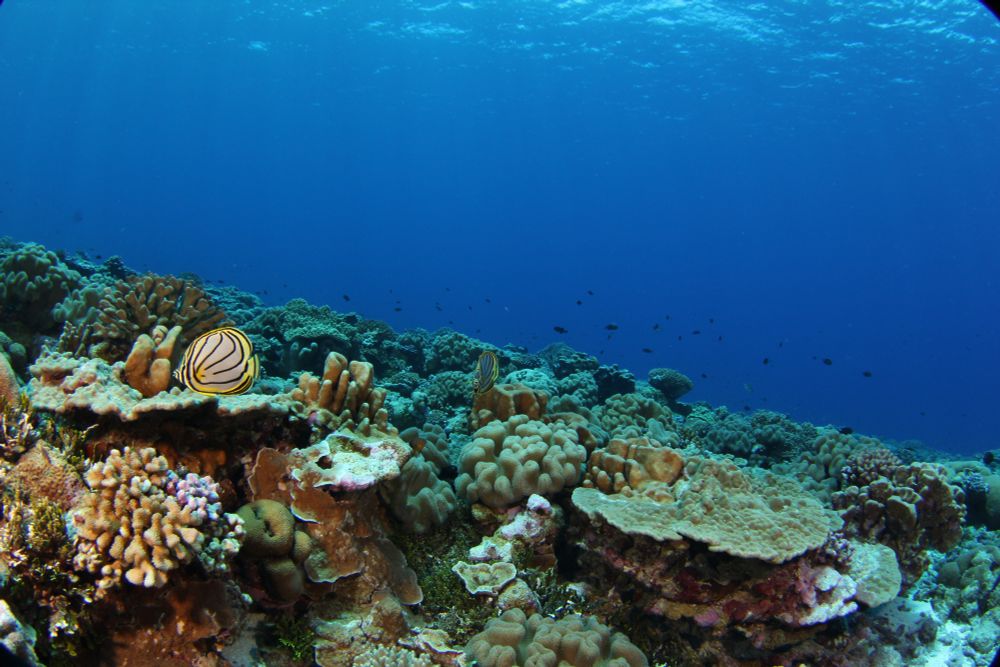
June 11, 2025 at 2:06 PM
New paper 📢 Coral reef depth zonation patterns are not 'universal' and may be disrupted by local human impacts.
We show evidence of spatially dependent effects of depth on benthic community structure across the Pacific Ocean.
🌊🧵⬇️
We show evidence of spatially dependent effects of depth on benthic community structure across the Pacific Ocean.
🌊🧵⬇️
Reposted by Lisa Goberdhan
For many marine species, all we have is a name. Now, thanks to a huge effort led by @drcraigmc.bsky.social, for 85,000 species we have body size as well. Version 1 of the MOBS database is published today: onlinelibrary.wiley.com/doi/10.1111/... Enjoy! 🌐🧪
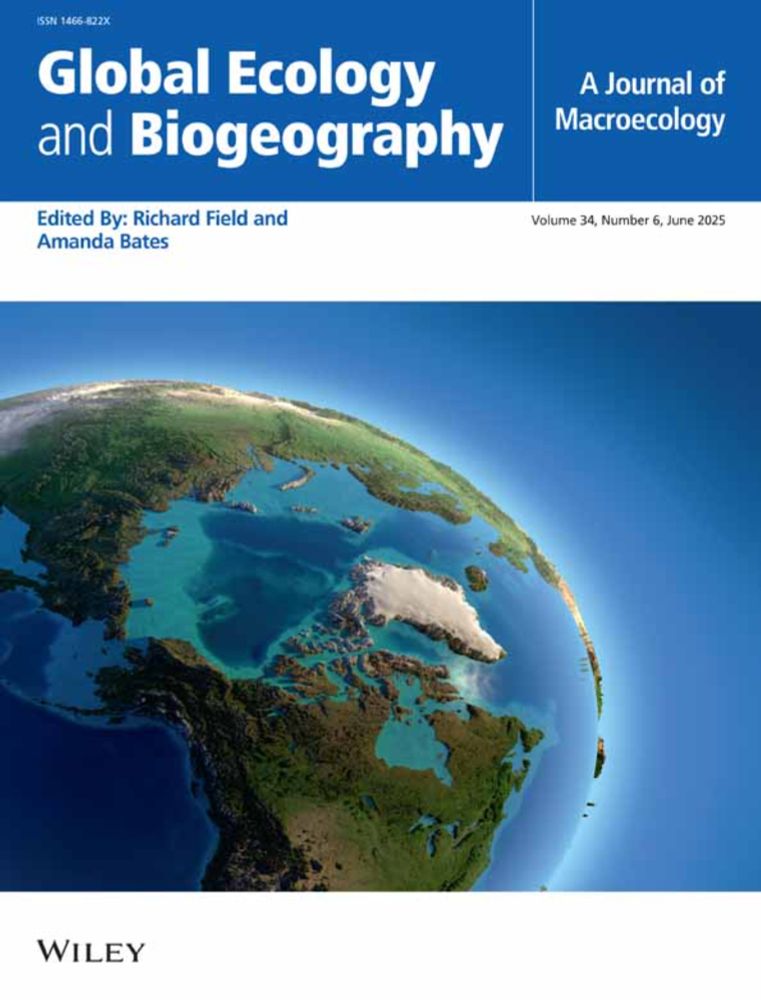
MOBS 1.0: A Database of Interspecific Variation in Marine Organismal Body Sizes
Motivation Body size is a fundamental trait influencing an organism's life history, ecology, physiology and evolutionary dynamics. While extensive body-size databases exist for terrestrial vertebrat...
onlinelibrary.wiley.com
June 5, 2025 at 8:42 AM
For many marine species, all we have is a name. Now, thanks to a huge effort led by @drcraigmc.bsky.social, for 85,000 species we have body size as well. Version 1 of the MOBS database is published today: onlinelibrary.wiley.com/doi/10.1111/... Enjoy! 🌐🧪
Reposted by Lisa Goberdhan
Out now in Coral Reefs: 'Active and passive pathways of nutrient transfer in coral reef ecosystems'
doi.org/10.1007/s003... 🐚
Thank you to my co-authors and field friends from @lec-reefs.bsky.social and beyond for all their help bringing this piece of work together 🌊
doi.org/10.1007/s003... 🐚
Thank you to my co-authors and field friends from @lec-reefs.bsky.social and beyond for all their help bringing this piece of work together 🌊
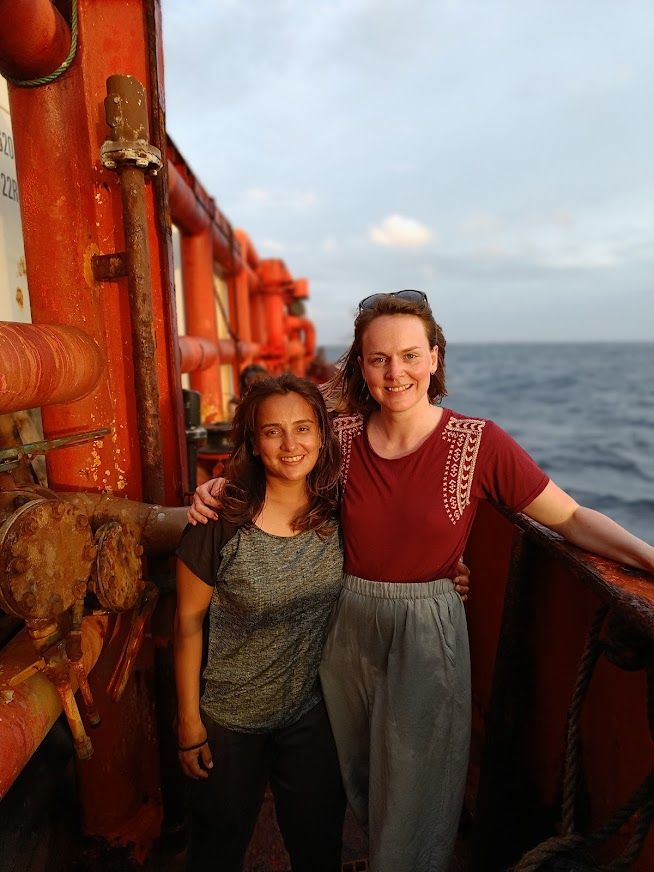
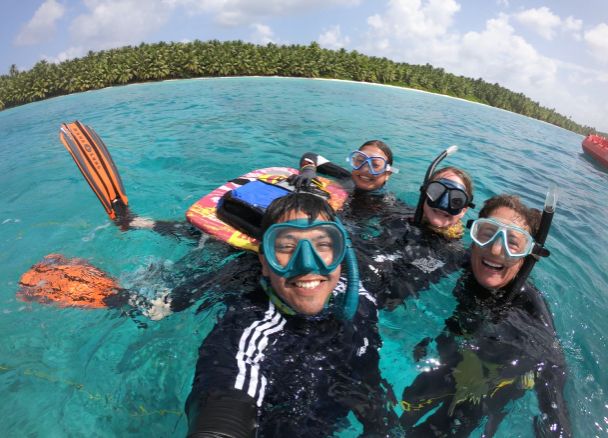
May 30, 2025 at 11:32 AM
Out now in Coral Reefs: 'Active and passive pathways of nutrient transfer in coral reef ecosystems'
doi.org/10.1007/s003... 🐚
Thank you to my co-authors and field friends from @lec-reefs.bsky.social and beyond for all their help bringing this piece of work together 🌊
doi.org/10.1007/s003... 🐚
Thank you to my co-authors and field friends from @lec-reefs.bsky.social and beyond for all their help bringing this piece of work together 🌊
Reposted by Lisa Goberdhan
'Nature isn’t a “nice to have”, it’s all we have.'
BES member Prof @ejmilnergulland.bsky.social explains how part 3 the planning & infrastructure bill threatens both nature & delivery
BES member Prof @ejmilnergulland.bsky.social explains how part 3 the planning & infrastructure bill threatens both nature & delivery

Threats to nature in Labour’s planning bill | Letter
Letter: The government’s proposals lack the safeguards necessary to preserve key ecosystems, including chalk streams and woodlands, warns Prof EJ Milner-Gulland
f.mtr.cool
April 16, 2025 at 5:31 PM
'Nature isn’t a “nice to have”, it’s all we have.'
BES member Prof @ejmilnergulland.bsky.social explains how part 3 the planning & infrastructure bill threatens both nature & delivery
BES member Prof @ejmilnergulland.bsky.social explains how part 3 the planning & infrastructure bill threatens both nature & delivery
Reposted by Lisa Goberdhan
Heading back to Glasgow tired but very content after a long, intense but absolutely fantastic week of teaching stable isotope ecology to this lovely group of scientists on the #SGSIE2025 course at the ExedraCenter
Our field is in very, very safe hands!
Our field is in very, very safe hands!

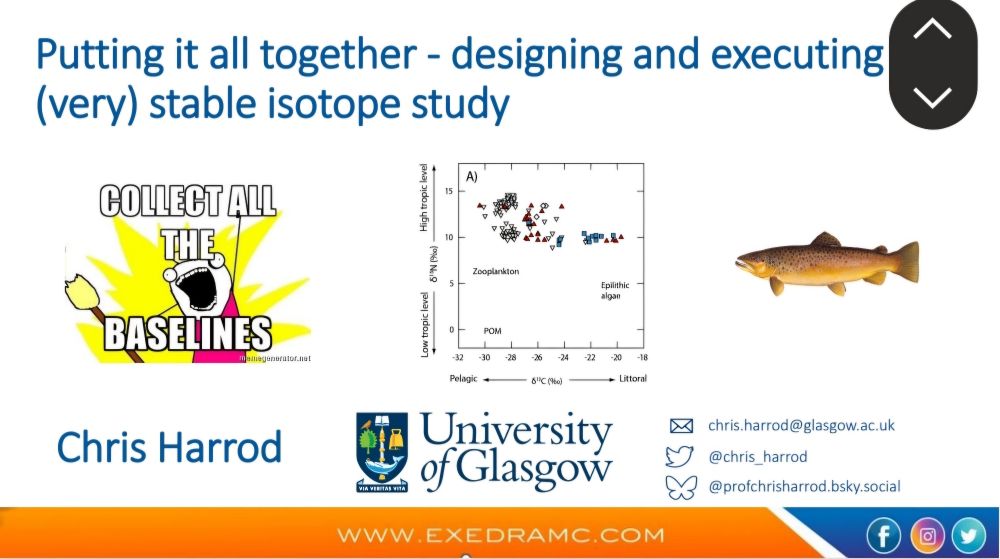
March 23, 2025 at 11:23 AM
Heading back to Glasgow tired but very content after a long, intense but absolutely fantastic week of teaching stable isotope ecology to this lovely group of scientists on the #SGSIE2025 course at the ExedraCenter
Our field is in very, very safe hands!
Our field is in very, very safe hands!
Reposted by Lisa Goberdhan
New paper 🚨 Our study finds that image-based CoralNet and in-water ReefBudget surveys yield similar carbonate production estimates across reefs, showing the power of photo-based analyses for scaling reef calcification estimates! 📷🪸🌊 #CoralReefs #MarineScience
rdcu.be/edXPp
rdcu.be/edXPp
Quantifying coral reef carbonate budgets: a comparison between ReefBudget and CoralNet
rdcu.be
March 19, 2025 at 2:04 PM
New paper 🚨 Our study finds that image-based CoralNet and in-water ReefBudget surveys yield similar carbonate production estimates across reefs, showing the power of photo-based analyses for scaling reef calcification estimates! 📷🪸🌊 #CoralReefs #MarineScience
rdcu.be/edXPp
rdcu.be/edXPp
Reposted by Lisa Goberdhan
🚨 New research 🚨 (and the first paper from my PhD)
How do we define good vs. degraded marine ecosystems? Our study evaluated four methods for setting ecological thresholds—and not all are equally reliable. 🌊🧵 (1/4)
How do we define good vs. degraded marine ecosystems? Our study evaluated four methods for setting ecological thresholds—and not all are equally reliable. 🌊🧵 (1/4)
March 4, 2025 at 10:53 AM
🚨 New research 🚨 (and the first paper from my PhD)
How do we define good vs. degraded marine ecosystems? Our study evaluated four methods for setting ecological thresholds—and not all are equally reliable. 🌊🧵 (1/4)
How do we define good vs. degraded marine ecosystems? Our study evaluated four methods for setting ecological thresholds—and not all are equally reliable. 🌊🧵 (1/4)
Reposted by Lisa Goberdhan
A commentary piece from me to you (...if you're an #ethologist / #BehaviouralEcologist) link.springer.com/article/10.1... #Macrobehaviour needs you! @asab.org @biorxiv-behav.bsky.social @mpi-animalbehav.bsky.social @abcmicrogrants.bsky.social @besmacro.bsky.social

a group of people are dancing in a hallway with a sign that says white water rafting
Alt: a group of people are dancing in a hallway with a sign that says white water rafting
media.tenor.com
February 6, 2025 at 12:02 PM
A commentary piece from me to you (...if you're an #ethologist / #BehaviouralEcologist) link.springer.com/article/10.1... #Macrobehaviour needs you! @asab.org @biorxiv-behav.bsky.social @mpi-animalbehav.bsky.social @abcmicrogrants.bsky.social @besmacro.bsky.social
Reposted by Lisa Goberdhan
Nature is not a blocker to growth.
The UK Chancellor Rachel Reeves has claimed that 'The balance has gone too far in the direction of always protecting every bat and every newt.' But how can this statement be true when the UK is one of the most nature depleted countries in the world?🌍
The UK Chancellor Rachel Reeves has claimed that 'The balance has gone too far in the direction of always protecting every bat and every newt.' But how can this statement be true when the UK is one of the most nature depleted countries in the world?🌍

January 30, 2025 at 1:10 PM
Nature is not a blocker to growth.
The UK Chancellor Rachel Reeves has claimed that 'The balance has gone too far in the direction of always protecting every bat and every newt.' But how can this statement be true when the UK is one of the most nature depleted countries in the world?🌍
The UK Chancellor Rachel Reeves has claimed that 'The balance has gone too far in the direction of always protecting every bat and every newt.' But how can this statement be true when the UK is one of the most nature depleted countries in the world?🌍
Reposted by Lisa Goberdhan
Great Barrier Reef fish reveal that large-scale macroecological patterns have changed significantly 🐟🐠
We found that changes in latitudinal diversity gradient & rising species turnover were strongly correlated with shifts in coral composition
Out now in Nature Comms www.nature.com/articles/s41...
We found that changes in latitudinal diversity gradient & rising species turnover were strongly correlated with shifts in coral composition
Out now in Nature Comms www.nature.com/articles/s41...
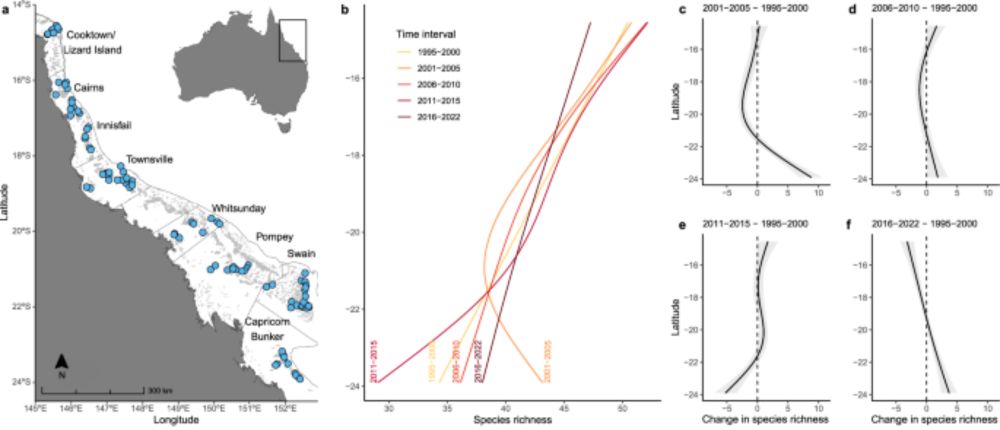
Emergent patterns of reef fish diversity correlate with coral assemblage shifts along the Great Barrier Reef - Nature Communications
Coral reefs have been severely affected by anthropogenic stress. Using long term data from the Great Barrier Reef, this study found temporal changes in the latitudinal diversity gradient, and stronger...
www.nature.com
January 13, 2025 at 10:55 AM
Great Barrier Reef fish reveal that large-scale macroecological patterns have changed significantly 🐟🐠
We found that changes in latitudinal diversity gradient & rising species turnover were strongly correlated with shifts in coral composition
Out now in Nature Comms www.nature.com/articles/s41...
We found that changes in latitudinal diversity gradient & rising species turnover were strongly correlated with shifts in coral composition
Out now in Nature Comms www.nature.com/articles/s41...
Reposted by Lisa Goberdhan
🚨New paper alert! Do you deploy loggers to monitor temperature in coral reefs, or any shallow aquatic environments? Do you shade them from direct sunlight? You should! 🌊🦑 journals.plos.org/climate/arti...

Widespread inconsistency in logger deployment methods in coral reef studies may bias perceptions of thermal regimes
Ocean warming is the greatest threat to coral reefs, prompting a need to accurately monitor in situ temperatures. Advancements in sensing technologies have led to a proliferation of temperature logger...
journals.plos.org
December 28, 2024 at 6:37 PM
🚨New paper alert! Do you deploy loggers to monitor temperature in coral reefs, or any shallow aquatic environments? Do you shade them from direct sunlight? You should! 🌊🦑 journals.plos.org/climate/arti...
Reposted by Lisa Goberdhan
Excited to announce that I have accepted a role as founding Chief Editor at Ocean Ecosystems, a new journal in the Nature Publishing Group! It focuses on high impact research on marine ecology, physiology, and biological oceanography. check it out here oceanecosystems.biomedcentral.com
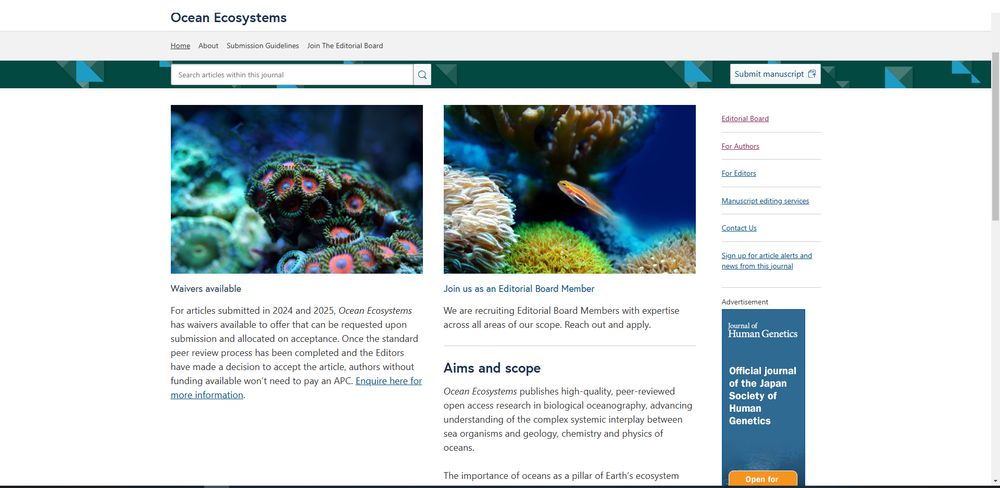
December 18, 2024 at 2:08 AM
Excited to announce that I have accepted a role as founding Chief Editor at Ocean Ecosystems, a new journal in the Nature Publishing Group! It focuses on high impact research on marine ecology, physiology, and biological oceanography. check it out here oceanecosystems.biomedcentral.com
Reposted by Lisa Goberdhan
Birds are back - My news to me good news for dec 24 #OceanOptimism #BeyondTheObituaries
Endangered seabirds return to Pacific island after century-long absence https://buff.ly/3ZA4Cki

Endangered seabirds return to Pacific island after century-long absence
Small seabirds skim the open ocean at night, patting their legs on the surface as they hunt for small fish. Now, for the first time in more than 100 years, endangered Polynesian storm petrels…
buff.ly
December 15, 2024 at 1:37 AM
Birds are back - My news to me good news for dec 24 #OceanOptimism #BeyondTheObituaries
Reposted by Lisa Goberdhan
An important commentary from @nancyknowlton.bsky.social in @pnas.org about the fact that some coral reefs may persist in new degraded forms, but that this must not make us complacent. We need both local and global action now. Well worth a read....inspiring as ever: www.pnas.org/doi/10.1073/...
www.pnas.org
December 13, 2024 at 9:33 AM
An important commentary from @nancyknowlton.bsky.social in @pnas.org about the fact that some coral reefs may persist in new degraded forms, but that this must not make us complacent. We need both local and global action now. Well worth a read....inspiring as ever: www.pnas.org/doi/10.1073/...
Reposted by Lisa Goberdhan
For anyone newly interested in #behaviour and/or #macroecology since #BES2024, check out our paper that outlines #Macrobehaviour - a merger of the two to address challenges of rapid env change www.cell.com/trends/ecolo...
Let's grow this community!
Let's grow this community!

Macrobehaviour: behavioural variation across space, time, and taxa
We explore how integrating behavioural ecology and macroecology can provide fundamental new insight into both fields, with particular relevance for understanding ecological responses to rapid environmental change. We outline the field of macrobehaviour, which aims to unite these disciplines explicitly, and highlight examples of research in this space. Macrobehaviour can be envisaged as a spectrum, where behavioural ecologists and macroecologists use new data and borrow tools and approaches from one another. At the heart of this spectrum, interdisciplinary research considers how selection in the context of large-scale factors can lead to systematic patterns in behavioural variation across space, time, and taxa, and in turn, influence macroecological patterns and processes. Macrobehaviour has the potential to enhance forecasts of future biodiversity change.
www.cell.com
December 13, 2024 at 10:01 AM
For anyone newly interested in #behaviour and/or #macroecology since #BES2024, check out our paper that outlines #Macrobehaviour - a merger of the two to address challenges of rapid env change www.cell.com/trends/ecolo...
Let's grow this community!
Let's grow this community!
Reposted by Lisa Goberdhan
🌟Fantastic PhD Opportunity on the socio-ecological implications of declining Indian Ocean predatory fishes. With Kennedy Osuka and Kate Parr @liverpooluni.bsky.social CASE partner @cordioea.bsky.social and me @sosbangor.bsky.social #phd #SocioEcological #coralreefs
www.findaphd.com/phds/project...
www.findaphd.com/phds/project...
www.findaphd.com
December 11, 2024 at 10:20 AM
🌟Fantastic PhD Opportunity on the socio-ecological implications of declining Indian Ocean predatory fishes. With Kennedy Osuka and Kate Parr @liverpooluni.bsky.social CASE partner @cordioea.bsky.social and me @sosbangor.bsky.social #phd #SocioEcological #coralreefs
www.findaphd.com/phds/project...
www.findaphd.com/phds/project...
📢New Paper Alert📢 (and first chapter of my PhD!)
We show that scale matters when quantifying motile cryptofauna on tropical coral reefs 🦀
Paper in MEPS: www.int-res.com/abstracts/me...
We show that scale matters when quantifying motile cryptofauna on tropical coral reefs 🦀
Paper in MEPS: www.int-res.com/abstracts/me...
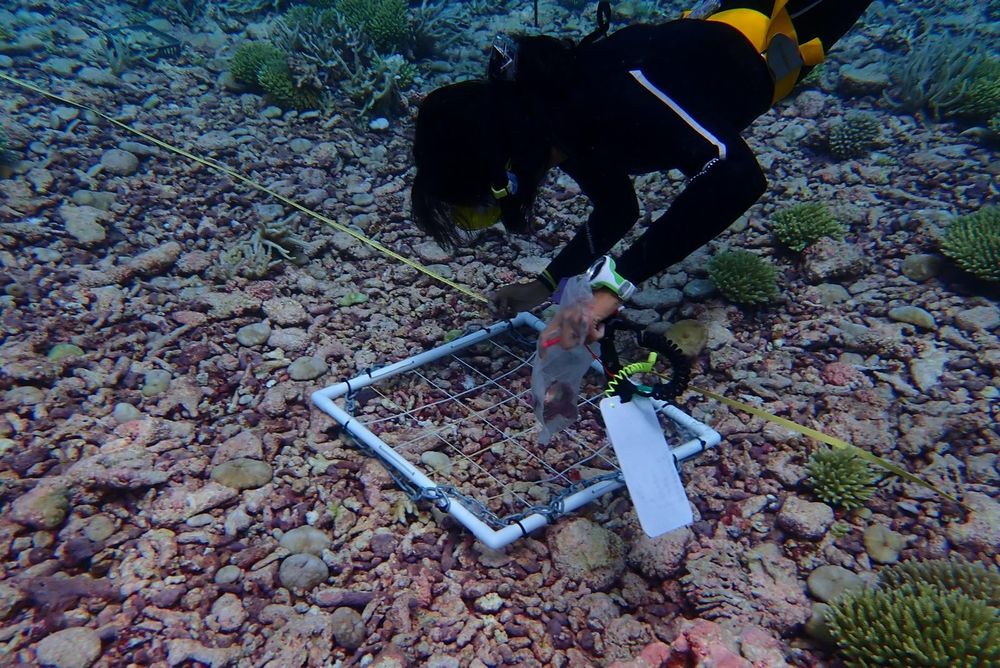
December 5, 2024 at 4:43 PM
📢New Paper Alert📢 (and first chapter of my PhD!)
We show that scale matters when quantifying motile cryptofauna on tropical coral reefs 🦀
Paper in MEPS: www.int-res.com/abstracts/me...
We show that scale matters when quantifying motile cryptofauna on tropical coral reefs 🦀
Paper in MEPS: www.int-res.com/abstracts/me...

